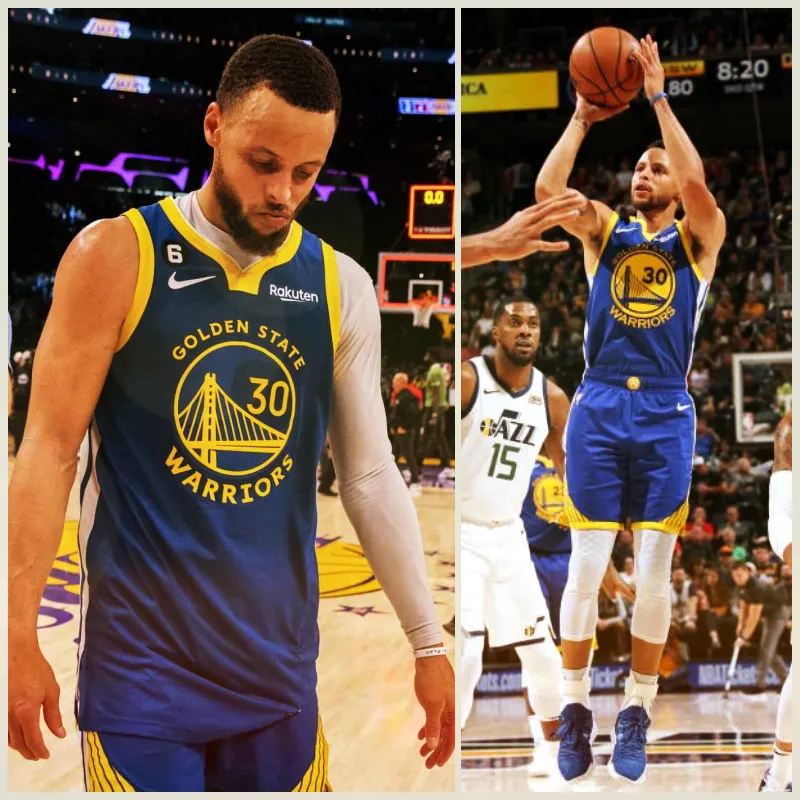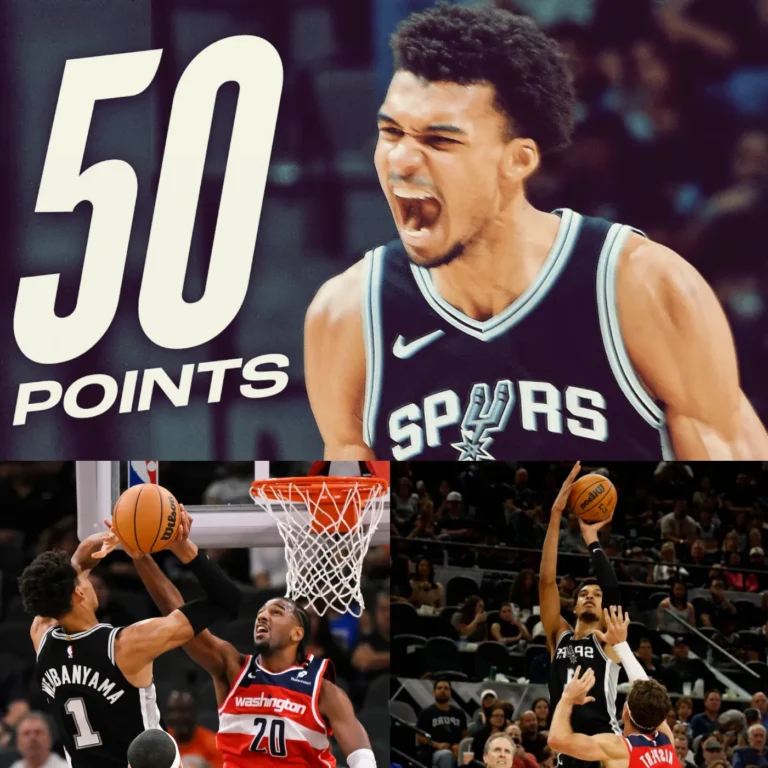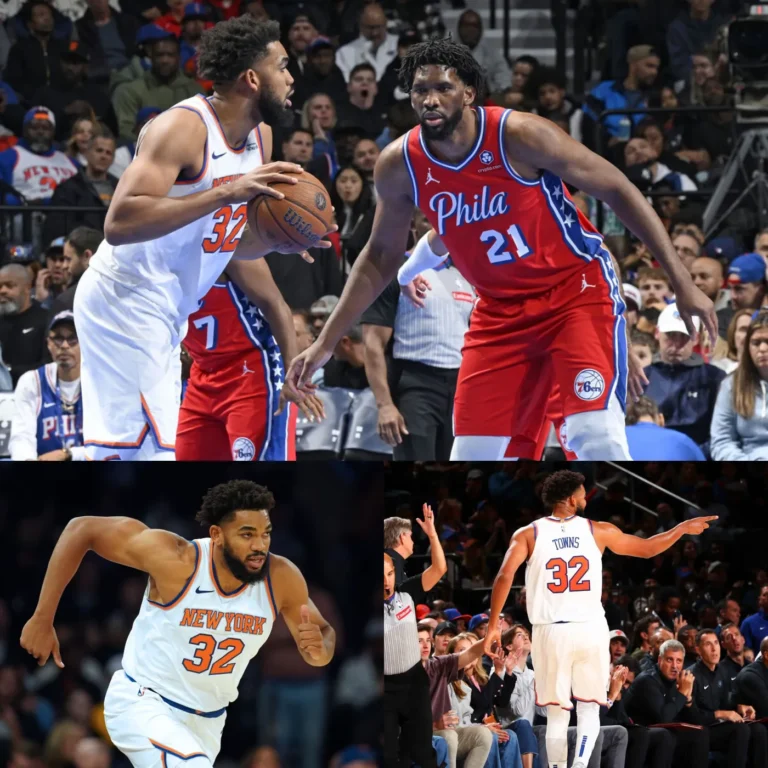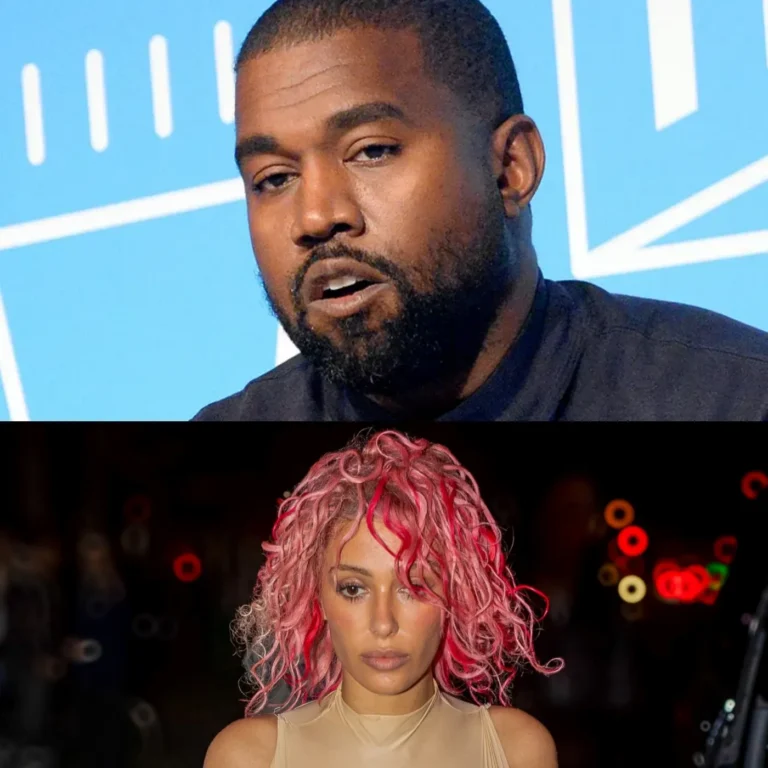
As the Team USA basketball squad gathered in Las Vegas for their Olympic preparations, Stephen Curry made a notable statement about his career aspirations. While he expressed a clear desire to remain with the Golden State Warriors, his tone hinted at the complexities of player loyalty in the NBA. “I clearly want to be a Warrior for life,” Curry said, but added, “things change quickly,” leaving fans to ponder the implications.

A Shift in Tone
Curry’s words resonate with a blend of loyalty and pragmatism. Though he’s always championed staying with the Warriors, this latest commentary introduces a subtle conditionality to his commitment. As he shared with ESPN’s Marc J. Spears, Curry reiterated, “At this stage in my career, I feel like that’s possible.” However, he emphasized the importance of personal happiness and winning, noting, “If it is a situation where you’re a bottom feeder, I’d have a hard time with that.”
This shift suggests that Curry’s bond with the Warriors is not as straightforward as it once seemed. Historically one of the most loyal players in the league, he now implies that his future with the team hinges on their competitive viability. It’s a reality check for the franchise: Curry’s loyalty is contingent on the Warriors’ ability to remain contenders.
The Warriors’ Responsibility
The Warriors are undoubtedly aware of Curry’s sentiments. His open discussion about his career direction indicates that he’s engaged in the decision-making processes behind the scenes. Unlike some stars who openly push for front-office changes, Curry has maintained a collaborative approach, but his recent comments may serve as a wake-up call for the organization. There’s now a palpable pressure on the front office, led by Mike Dunleavy Jr., to enhance the roster and ensure the team remains competitive.
Curry doesn’t want to follow in the footsteps of legends like Kobe Bryant or Dirk Nowitzki, who spent their final seasons on struggling teams. For the Warriors, the challenge lies in preventing that scenario from becoming a reality.

Draymond Green’s Impact
Central to the Warriors’ plans for improvement is Draymond Green. The narrative within the organization is that had Green been available for more games last season, the team would have performed significantly better than their 46-win record. Green’s absence due to injury and suspension resulted in a lack of continuity and stability.
Statistically, the Warriors posted a 32-19 record with Green on the court, showcasing his value. In contrast, they struggled to a 14-17 record without him. His presence not only elevates the team’s performance but also exemplifies the type of leadership and defensive prowess essential for success.
The Health Factor
However, the pressing question is whether Green can stay healthy. At 34, with a history of back issues and a demanding playing style, his durability is a concern. Last season, he played in 73 games, but previous seasons saw him appear in only 46 and 63 games.
The Warriors are aware that while Green is crucial to their success, they must also prepare for the inevitable absences that come with age and physical strain. The challenge will be to remain competitive even when he’s sidelined.

As Steph Curry navigates his career’s later stages, his conditional commitment to the Warriors reflects the evolving dynamics of player loyalty in the NBA. The franchise must respond to his expectations by fostering a competitive environment. With key players like Draymond Green in the spotlight, the Warriors face the dual challenge of maintaining their championship aspirations while managing the realities of player health and performance. The decisions made this offseason will be pivotal in shaping Curry’s future with the team and ensuring their continued relevance in the league.






